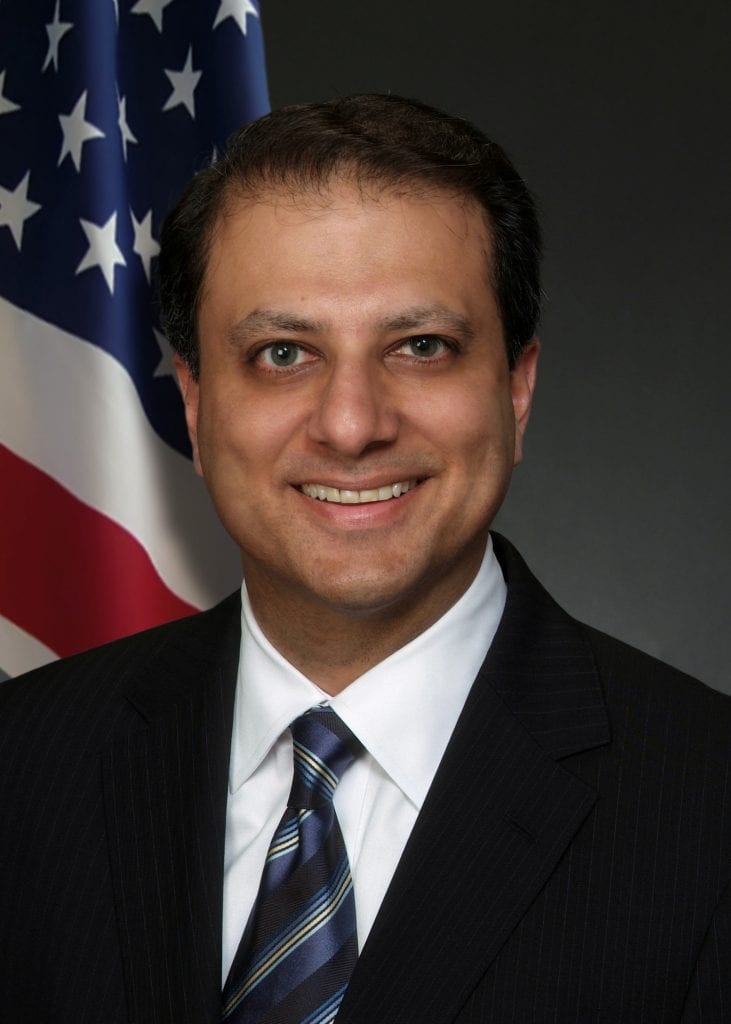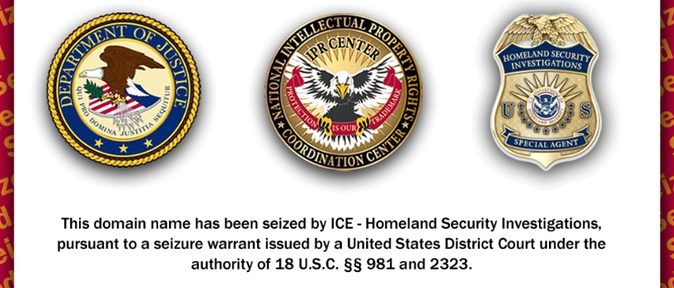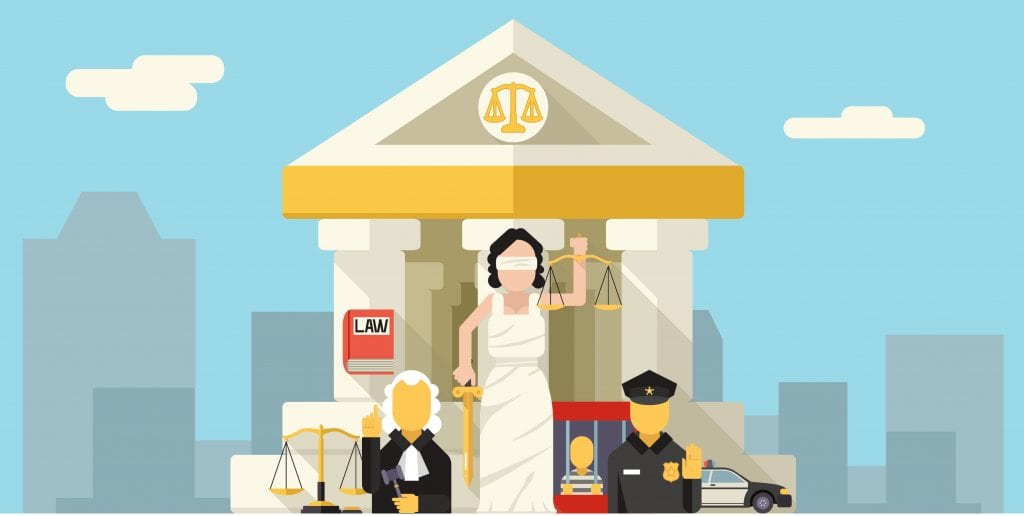This Man Is Dodging Wall St.
Rather than confront accusations of baseless zeal and prosecutorial overreach, New York federal prosecutor Preet Bharara would rather spend his energy dodging accountability. In 2010, Bharara launched a crusade against Wall Street, prosecuting several hedge funds he suspected of insider trading. Highly publicized raids followed. In the wake of the financial meltdown, Bharara was hailed…
Read MoreData Breach Lawsuits: Challenges Persist After Spokeo v. Robins
Data breaches are as common as the common cold—unfortunately, just as incurable. Run a news search on “data breaches” and you’ll find that all kinds of institutions—major retailers, tech companies, universities, even government agencies—have been vulnerable at some point. Now run a search on “data breaches,” but include the word “lawsuit.” You’ll find that many…
Read MoreGetting Started with E-Rate
Public schools and libraries in the U.S. can save a lot of money on Internet service by applying for the Schools and Libraries Program, a federal subsidy better known as E-Rate. E-Rate funding, capped yearly at $3.9 billion, helps eligible institutions cover costs of Internet service. Participants can save anywhere from twenty to ninety percent…
Read MoreFeds Open The Gates and Seize the Domain Names
Does the federal government have the right to seize a domain name without notice? With growing frequency, the feds have seized the domain names of thousands of websites for alleged criminal wrongdoing. The latest example is the seizure earlier this week of 67 website domain names for the alleged illegal sale and distribution of counterfeit…
Read MoreGood News: The Feds Can’t Freeze Your Assets to Stop You from Hiring a Lawyer
Republished with permission from FEE.org, originally published April 12, 2016 There are limits to what the government can take from you. The Supreme Court recently ruled that the Constitution forbids the government from freezing a defendant’s “untainted” assets in advance of prosecution. The ruling is a significant victory for those caught in the government’s crosshairs. It…
Read MoreOnline Poker: A New Way to Bank?
In light of Tax Day (note that it’s on the 18th of April this year due to a holiday on the 15th) we want to point out a curious ramification from a federal case concerning online gambling, tax reports, and foreign accounts. In United States v. Hom [1], the defendant, John C. Hom, was an…
Read MoreEven Bad Guys Have Rights
This article first appeared February 29, 2016, on FEE.org – you can access this version here. Remember Martin Shkreli, the “pharma bro” notorious for raising the price of his company’s life-saving drug by some 5,000 percent? Did you know he was recently arrested for securities fraud (completely unrelated to the drug hike)? It didn’t take long…
Read MorePolice Make iPhone Public Enemy No. 1
FBI Director James Comey took a rare break from the posturing typical of investigators and prosecutors in the current showdown between Apple and the FBI. While prosecutors argue that Apple’s privacy concerns are a smokescreen to avoid “assist[ing] the effort to fully investigate a deadly terrorist attack,” Comey posted a statement over the weekend in…
Read MoreFBI Recruits Apple to Help Unlock Your iPhone
It is a well-known maxim that “bad facts make bad law.” And as anybody even casually browsing social media this week likely has seen, the incredibly tragic facts surrounding the San Bernadino attacks last December have led to a ruling that jeopardizes the privacy rights of all law-abiding Americans. First, it is important to clearly…
Read MoreNormandie Casino Operator Pleads Guilty to Charges Stemming from Protection of High-Rollers
Despite the old saying “the customer is always right,” the law places limits on customer service in the casino industry. Normandie Casino has found this out the hard way. The operator of the casino has agreed to plead guilty to charges that it violated anti-money laundering provisions of the Bank Secrecy Act, according to a…
Read More










